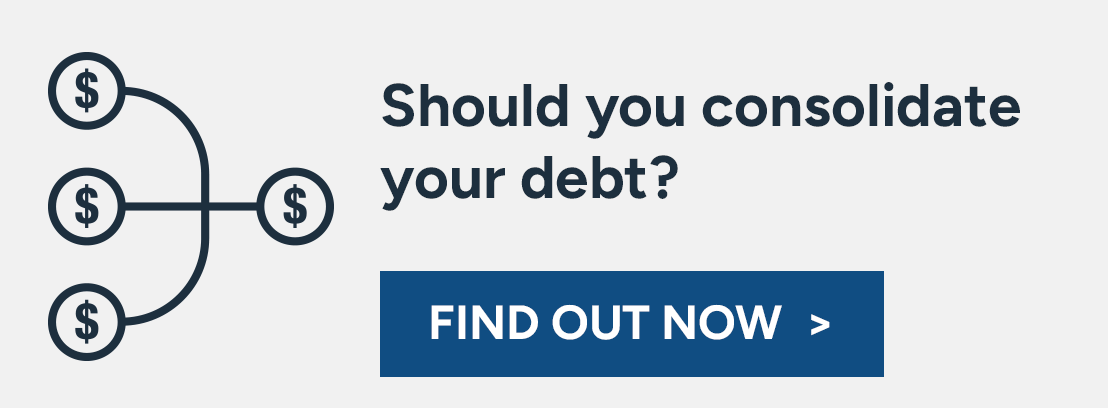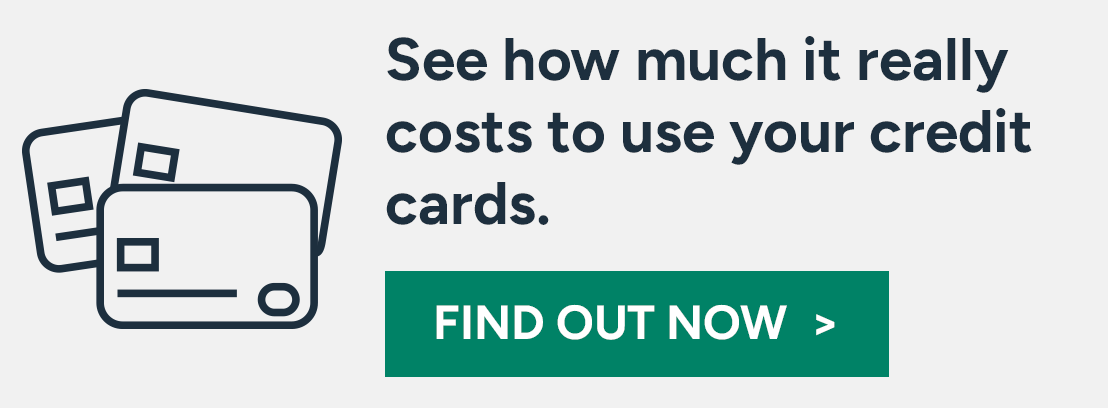 Debt settlement is often seen as a quick fix to reduce your debt. Many services claim they can make creditors accept a much smaller payment than what you owe. However, like most things that sound perfect, there are risks involved.
Debt settlement is often seen as a quick fix to reduce your debt. Many services claim they can make creditors accept a much smaller payment than what you owe. However, like most things that sound perfect, there are risks involved.
Introduction to Debt Settlement:
Debt settlement has become an enticing avenue for those looking to tackle large debts. By partnering with a debt settlement service, some believe they can settle their debts for much less than they owe. However, every silver lining has a cloud, and while this approach can offer relief, it comes with its share of challenges.
The Mechanics Behind It:
When you enroll in a debt settlement program, the strategy changes from directly paying your creditors to redirecting funds into a distinct savings account. This tactic, essentially a waiting game, lets your debt accumulate, missing multiple payments. After several months of non-payment, the debt settlement company steps into the negotiation ring with your creditors, aiming to significantly reduce the amount you owe. If successful, the money you’ve been saving is used to settle the agreed-upon amount, a portion goes to the company as a fee, and there’s also the taxman to consider on the forgiven debt.
The Flip Side:
However, the journey isn’t always smooth. There’s no guarantee that creditors will accept the company’s terms. If they reject the proposed settlement, not only are you back to square one, but with accumulated interest and fees, the mountain of debt might be even steeper. Plus, be prepared for potential collection calls or, in the worst-case scenario, legal action against your outstanding dues.
Credit Score Implications:
The influence of debt settlement on one’s credit score is a concern that can’t be ignored. Regardless of whether the negotiation is successful, such a strategy has repercussions. Engaging in this process signals to potential lenders that you might be a risk. The fallout can be lasting – it can take up to seven years to rehabilitate your credit to a point where you’re an appealing candidate for new credit or loans. Whether your debt settlement process is successful or not, your credit rating will be damaged. How bad does debt settlement hurt credit? It may take as long as seven years to rebuild your credit rating enough to apply for credit cards or take out loans or mortgages. While the prospect of reducing your debt might be tempting, it’s essential to weigh the benefits against potential setbacks. For many, understanding the full landscape of debt settlement is crucial before making a commitment. It’s always advisable to consult with a financial advisor or counselor to understand better the implications and alternate routes available for your unique financial situation.
Seek Expertise from ACCC on Debt Settlement and its Implications
When navigating the complexities of debt settlement and understanding its impact on credit scores, seeking guidance is crucial. The experienced professionals at the American Consumer Credit Counseling (ACCC) stand ready to assist. As a mission-driven, not-for-profit entity, ACCC is dedicated to helping individuals like you identify the most efficient routes out of debt. More than just immediate solutions, we also aim to equip you with the knowledge and strategies for a debt-free future. Our complimentary credit counseling sessions, combined with our affordable financial services, delve deep into the intricacies of debt settlement and offer insights into alternative approaches, ensuring you make informed choices tailored to your financial landscape.
Debt Management: A Considered Alternative to Debt Settlement
Our seasoned and certified counselors often advocate for debt management plans (DMPs) as a more holistic alternative to the traditional debt settlement approach. Why choose a debt management plan over debt settlement? With a DMP, you maintain your commitment to paying creditors, safeguarding your credit score from severe dents. Additionally, our collaboration ensures a streamlined financial journey. We assist in crafting a feasible budget, enabling you to methodically reduce your debt. Instead of juggling multiple payments, you’ll consolidate into one monthly contribution to an ACCC account. We then judiciously distribute these funds to your creditors punctually. This consolidated approach affords us the leverage to negotiate on your behalf — aiming for reduced interest rates, fee waivers, and adjusted payments. The result? A strategic path to becoming debt-free, typically within a five-year timeframe or even sooner.
 Debt settlement is often seen as a quick fix to reduce your debt. Many services claim they can make creditors accept a much smaller payment than what you owe. However, like most things that sound perfect, there are risks involved.
Debt settlement is often seen as a quick fix to reduce your debt. Many services claim they can make creditors accept a much smaller payment than what you owe. However, like most things that sound perfect, there are risks involved.


